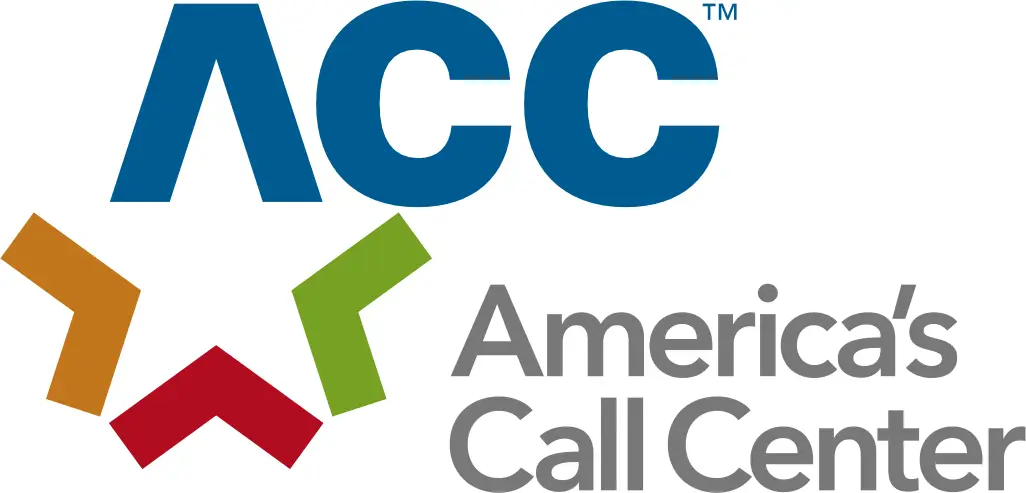You may have seen the headlines. In response to a wave of lawsuits challenging its longstanding commission structure, the National Association of Realtors (NAR) has agreed to a landmark settlement of $418 million. More significantly, it has committed to rewriting key rules central to the U.S. housing industry. The stage is now set for sweeping reforms that could reshape how real estate transactions are conducted.
This New York Times article (dated March 15, 2024) discusses takeaways from the suit. We’ll recap it here.
The Core of the Dispute: Seller-Paid Buyer Agent Commissions
The lawsuits centered on the practice of seller-paid buyer agent commissions.
As you may know, in traditional real estate transactions, the seller pays a commission that is split between the listing agent (who represents the seller) and the buyer broker (who represents the buyer).
In the lawsuit, a group of Missouri home sellers contended that NAR’s rules, enabling listing agents to influence buyer agent compensation, stifled competition and inflated commissions, potentially resulting in higher costs.
Additional Reforms
On top of a significant financial payout to the plaintiffs, the agreement also includes reforms aimed at increasing competition and transparency in the real estate market:
Curbing Listing Agent Control
NAR has implemented a significant policy change, barring listing agents from setting buyer broker compensation. This decision removes a potential conflict of interest and paves the way for more competitive commission rates for homebuyers.
MLS Transparency and Access
Offers of compensation will no longer be displayed in Multiple Listing Services (MLS) – the databases used by real estate agents to list properties. This prevents buyer brokers from potentially lowballing their commission offers in an effort to win listings. Negotiations over commission will likely happen outside of the MLS, allowing for a more open and competitive process.
The settlement also eliminates a longstanding requirement for agents to subscribe to MLS in order to offer or accept compensation. This opens the door for new entrants to the real estate market who might not have previously been able to afford MLS access.
Potential Impact to the Real Estate Industry
While the settlement is a major development, it’s important to note that it still needs to be approved by the court. Additionally, it’s likely to face scrutiny from the U.S. Department of Justice (DOJ), which has been pushing for substantial reform in the real estate industry.
The full impact of the settlement remains to be seen. However, it has the potential to:
- Boost Consumer Choice: Greater transparency in commission structures could empower home sellers and buyers to make more informed decisions about agent selection and commission rates.
- Save Homebuyers Money: The settlement ends the requirement for sellers’ agents to offer commissions to buyers’ agents, potentially saving homeowners billions.
- Increase Competition: With NAR’s rules loosened, buyers and sellers may have more options when choosing real estate agents. This could lead to lower commission rates and potentially a wider range of services offered by agents.
What Does this Mean for Home Inspectors?
Right now, the impact on home inspectors is unknown, but we can predict some changes that might come to fruition. For instance, these changes could possibly mean that real estate agents might lose some of their ‘say’ in referring home inspectors to their clients.
Some believe this shift could elevate home inspectors to the forefront of buyer interactions, fundamentally redefining how home inspections are conducted and marketed. The innovative concept of inspectors acting as showing agents could position them as primary contact points for buyers, offering not only financial opportunities but also valuable and convenient services.
In an environment of constant change, home inspectors who embrace innovation and adapt proactively are poised for success. The increasing prevalence of online services and potential mandatory inspections highlight the importance of:
- Establishing a strong digital footprint
- Enhancing brand visibility
- Actively cultivating online reputation
- Embracing emerging technologies
The evolving real estate landscape, regardless of its specific impact, presents a clear opportunity: strengthening your brand and reputation. In this increasingly competitive environment, a well-established brand will be integral to your success as a home inspector.
ACC Resources
We pride ourselves in sharing recent and relevant news that impacts the home inspection industry in our Industry News blog. In fact, in our Weathering the Storm: Part 2: Marketing and Lead Management blog, we touch on various ways to up your marketing game and build your brand identity. From SEO and content marketing to lead management and communication strategies, these tips can help you pivot, prepare, adapt, and thrive, especially during trying times. We encourage you to take a look.
ACC is here to help home inspectors stay ahead of the curve. Contact us today to request your free quote and have a discussion about growing your business.


